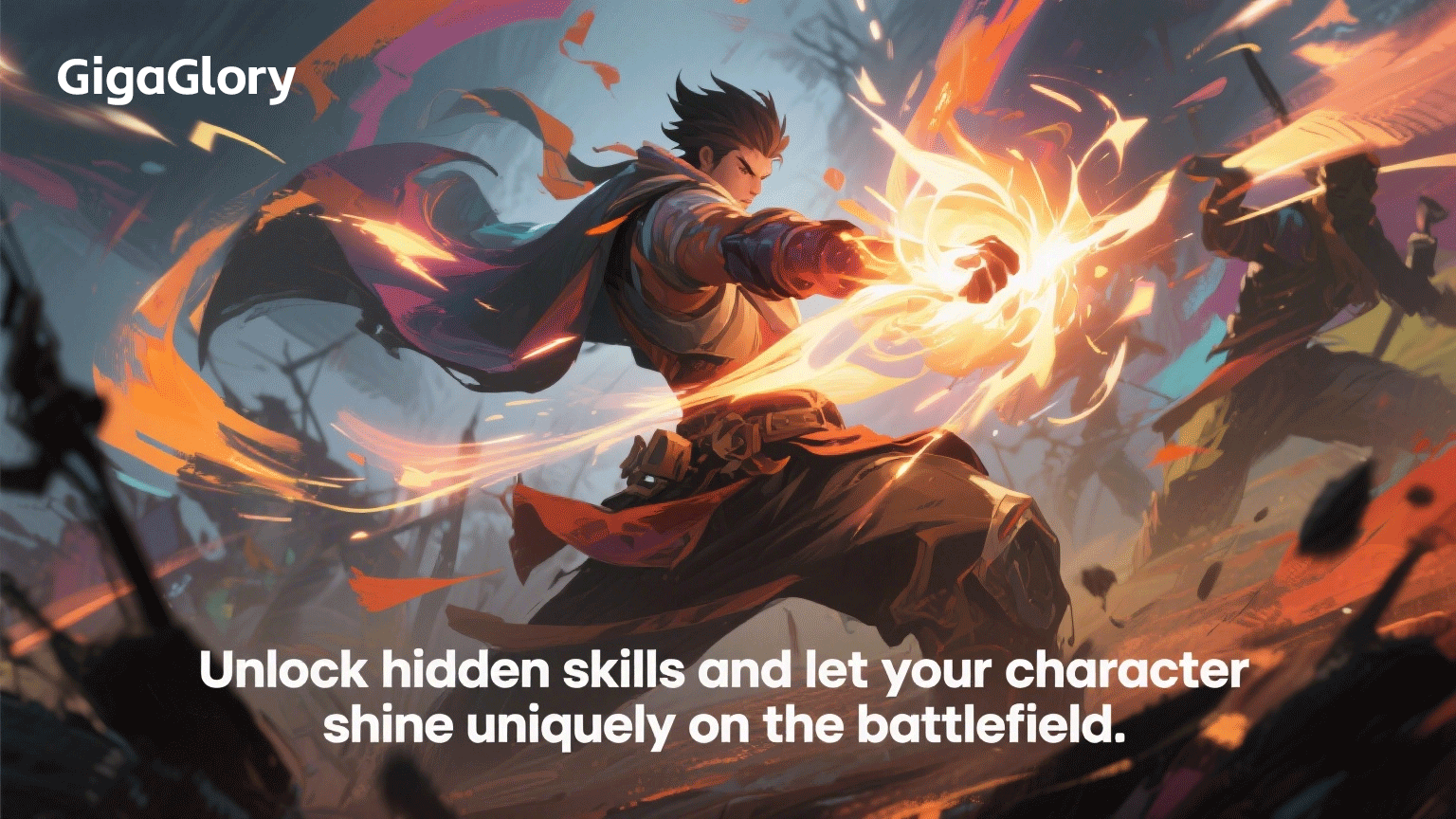How Simulation Games Are Revolutionizing Educational Games for Better Learning Outcomes
Understanding Simulation Games
Simulation games have taken the world by storm in recent years. These interactive environments allow players to experience scenarios in a risk-free setting, making them ideal for education. So what makes simulation games so effective in learning? Let's dive into the details.
The Rise of Educational Games
Educational games have become a key component in modern teaching methodologies. They engage students in a way that traditional methods may not. Games can foster critical thinking, promote collaboration, and even enhance memory retention. The integration of simulation games into this sphere shows immense potential for better learning outcomes.
Benefits of Simulation Games in Education
- Engagement: Students are more likely to participate when games are involved.
- Realistic Scenarios: Simulations can mimic real-life situations, making learning relatable.
- Adaptability: Different learning styles can be accommodated with gaming formats.
- Feedback Mechanism: Immediate feedback helps students understand their mistakes instantly.
How Simulation Games Differ from Traditional Educational Tools
Traditional educational tools often involve passive learning. In contrast, simulation games offer an interactive experience. By allowing learners to make choices and see consequences, these games drive hands-on learning. They help bridge the gap between theory and practice.
A Case Study: Clash of Clans and Its Educational Potential
Take "Clash of Clans," for example. Though primarily seen as a strategy game, the mechanics involved can be harnessed for educational purposes. With farming clans and resource management, players develop strategic thinking skills. Integrating similar strategies into educational simulations can enhance problem-solving skills among students.
The Role of Game Mechanics in Learning
Game mechanics, such as leveling up, rewards, and challenges, can drive motivation. In an educational context, these mechanics can be adapted to track progress and encourage continuous improvement. Imagine a classroom where students can “level up” as they master topics!
Best Practices for Implementing Simulation Games in Classrooms
When introducing simulation games into education, it’s essential to consider a few best practices:
- **Define Learning Objectives:** Be clear on what you want your students to learn.
- **Select Relevant Simulations:** Choose games that align closely with your curriculum.
- **Offer Support:** Provide guidance and resources for students as they engage with the game.
- **Evaluate Outcomes:** Measure the effectiveness of the game on learning outcomes.
Technology and its Influence on Simulation Games
Advancements in technology have significantly influenced the evolution of simulation games. From simpler desktop applications to complex virtual reality environments, technology enhances the learning experience. Educators are utilizing these tools to create fully immersive learning environments.
Challenges in Adopting Simulation Games
Despite their potential, simulation games face several hurdles in educational settings:
- **Cost:** High-quality simulation games can be expensive.
- **Training:** Teachers may need additional training to implement these tools effectively.
- **Resource Availability:** Not all schools have access to the technology required.
Future Trends in Educational Gaming
Looking ahead, the future of simulation games in education appears promising. With continued integration of advanced technologies like AI and VR, personalized learning experiences will become more readily available. These trends should lead to even better outcomes for students.
Table: Comparison of Traditional vs. Simulation Learning Approaches
| Aspect | Traditional Learning | Simulation Learning |
|---|---|---|
| Engagement Level | Low | High |
| Real-World Application | Theoretical | Practical |
| Feedback Speed | Delayed | Immediate |
| Skill Variety | Limited | Diverse |
Conclusion: The Future of Learning
In summary, simulation games are not just a trend; they are revolutionizing the way we think about educational games. By providing engaging, realistic, and adaptable learning experiences, they lead to better learning outcomes. Embracing these tools could reshape the educational landscape, making learning more effective and enjoyable for everyone.



